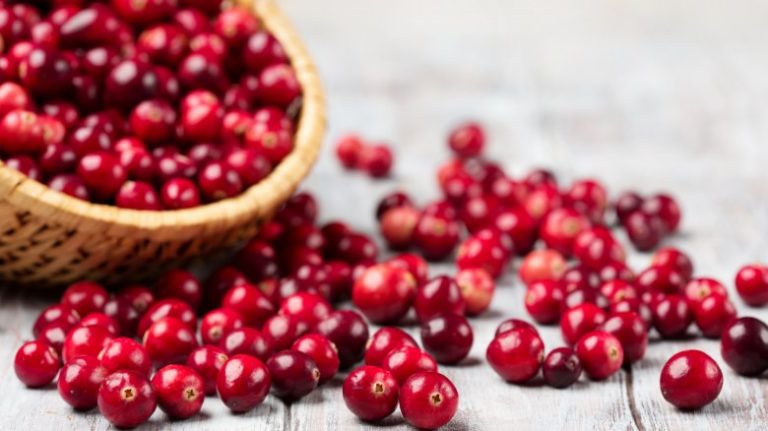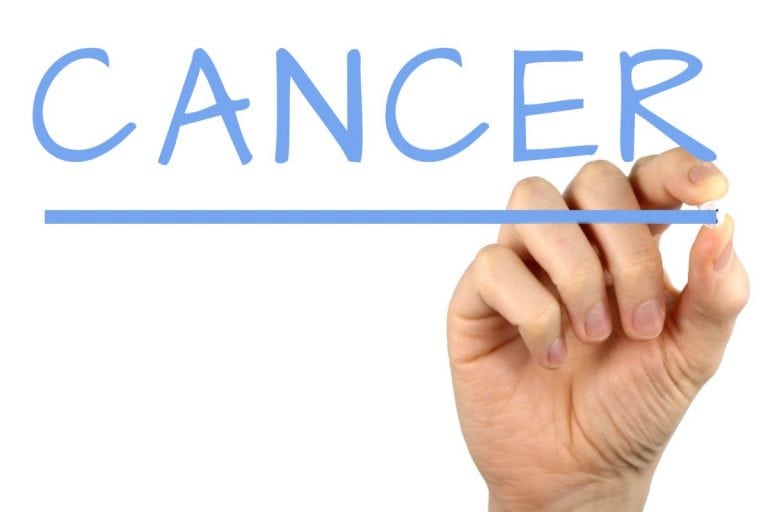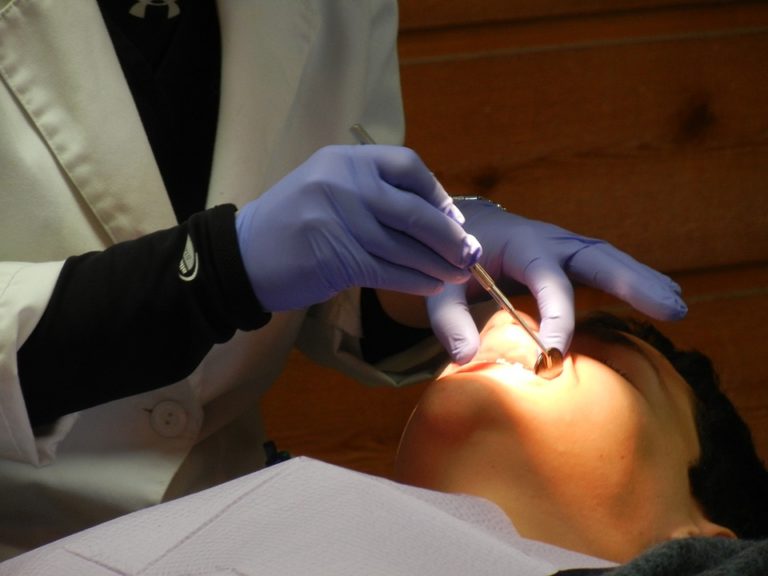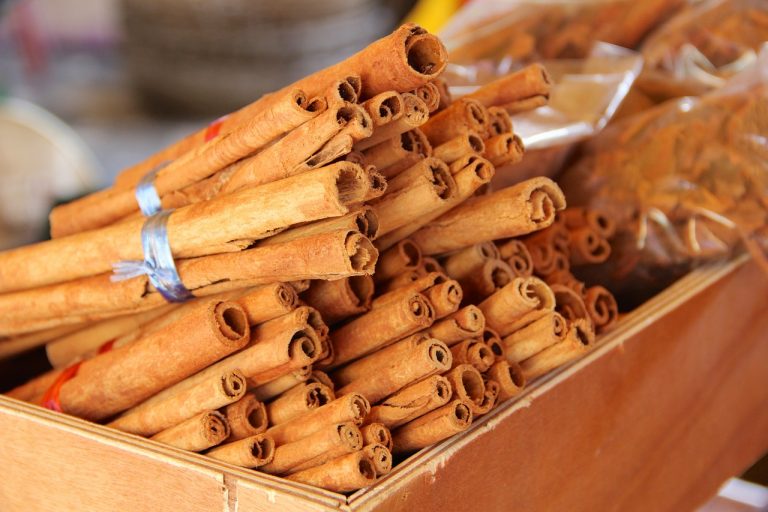
- Persistent bad breath – Water is an essential factor for saliva production and helps clean the bacteria in your mouth, so you can maintain healthy teeth and gums. Lack of water only inhibits the production of saliva and causes bacteria to build up on the tongue, teeth, and gums. If you practice good oral hygiene, but you’re still suffering from chronic bad breath, it may be due to the fact that you’re not drinking enough water. If your bad breath persists after drinking enough water, you should make an appointment with your doctor and check for other underlying causes, such as gum disease, type 2 diabetes, liver or kidney problems.
- Fatigue – If you forget to drink enough water, you can experience an overall fluid loss in the body. This situation can lead to a decrease in blood volume that makes it difficult for the heart to deliver oxygen and nutrients to the organs, including the muscles. Lack of water can make you feel tired, experience periods of fatigue and low energy. Your body tries to function without the needed amount of water. If you can’t help but feel constantly tired, no matter the amount of sleep you’re getting, you should redirect yourself to a possible lack of hydration.
- Frequent illness – Water helps flush toxins, waste, and bacteria from our bodies. Like this, we manage to fight diseases and infection and have a strong immune system. But if any of this doesn’t ring a bell, and you keep on getting sick, it may be because you need to drink more water. Your body might feel the urge to release its toxins and function at an optimal level. And since the lack of water can also make you feel tired, you may be less physically active, which is another factor that adds to a weakened immunity.

























